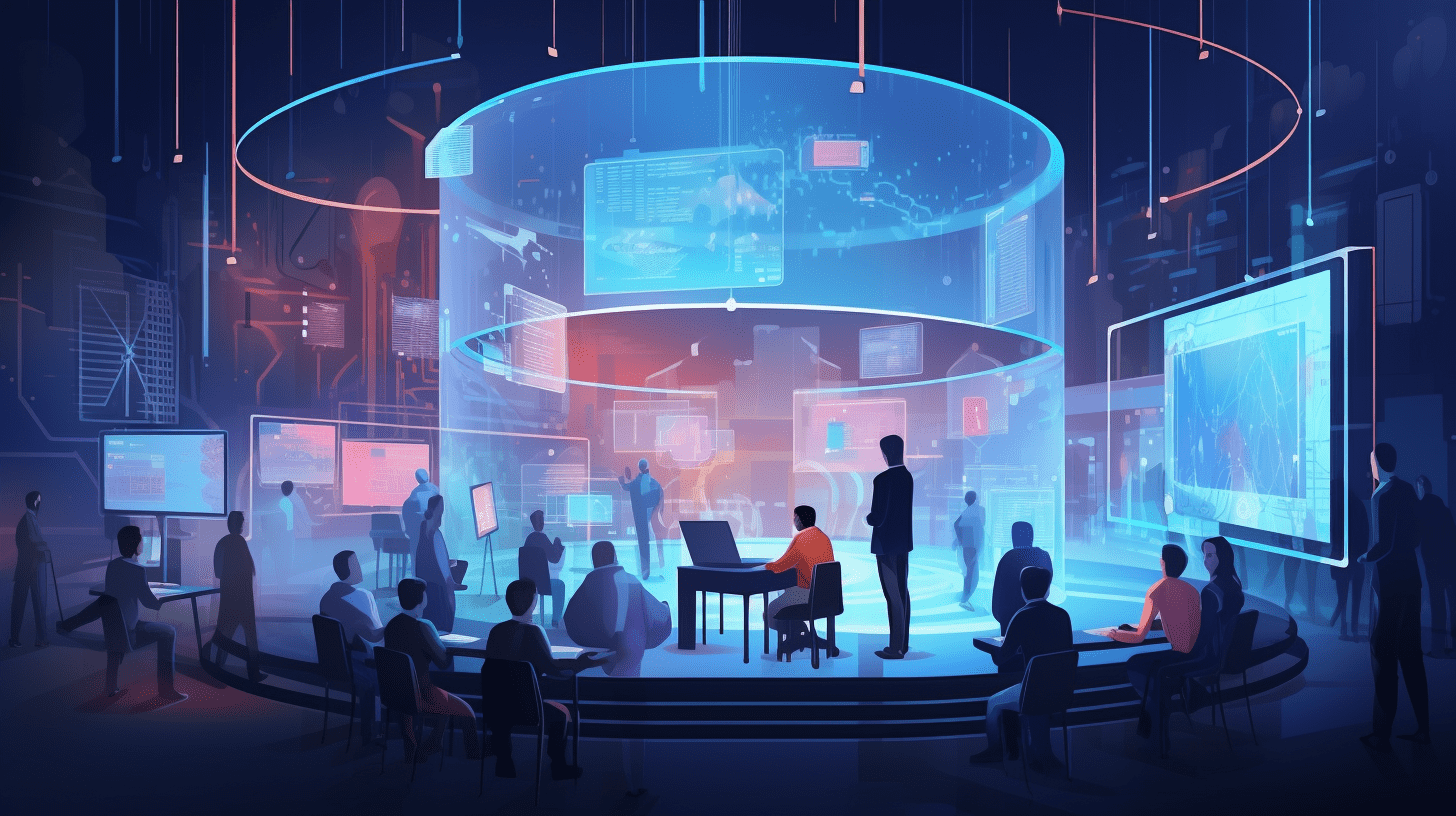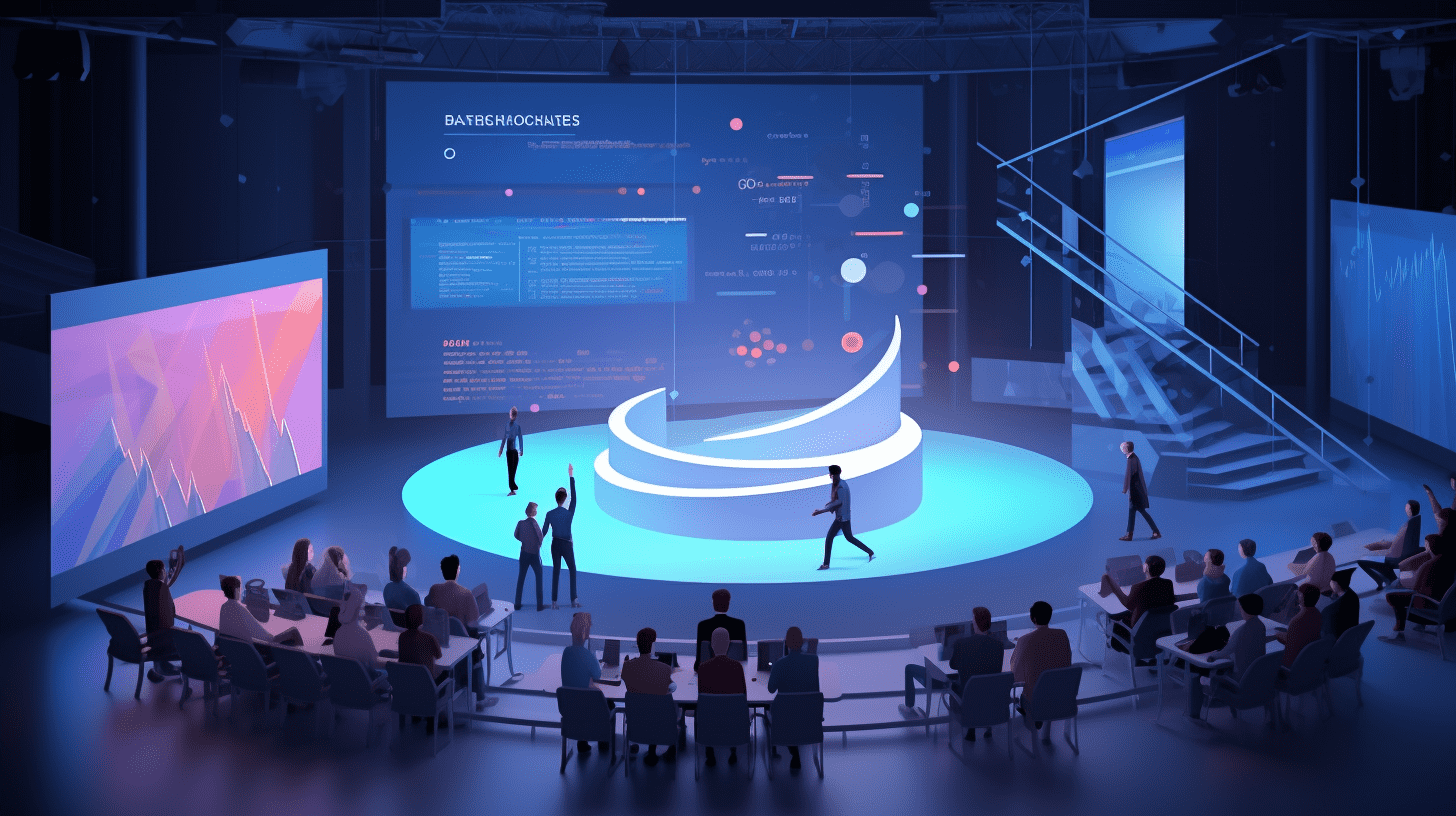$90 billion! World Bank-African Development Bank Launch Africa Electrification Plan
A plan to provide electricity to 300 million people in Africa by 2030 has already been implemented, with preliminary commitments of $300 billion from the World Bank and the African Development Bank. The first group of potential beneficiaries has been assessed.
A plan to provide electricity to 300 million Africans by 2030 has already begun to be implemented, with initial support of $30 billion from the World Bank and the African Development Bank, and an assessment of the first potential beneficiaries has been carried out.
On Friday, some of the world's most renowned climate organizations - the Rockefeller Foundation, the Global Energy Alliance for People and the Earth (GEAPP), and Everyone Deserves Sustainable Energy - announced the establishment of a technical assistance fund to review projects and help eligible projects participating in the "Mission 300" plan to secure funding. The goal is to ultimately raise $90 billion or more through a range of channels.
Rajiv Shah, Chairman of the Rockefeller Foundation, said in response to questions, "Every project starts with a sum of money. The technical assistance fund is designed to help the World Bank and the African Development Bank kick-start their ambitious electrification plan in sub-Saharan Africa."
If successful, the plan will provide electricity to half of the 600 million Africans without access to power. The African continent accounts for three-quarters of the global population without electricity, with electrification rates in countries like South Sudan, Burundi, and Chad being less than 12% of their populations. This limits productivity and hinders economic growth in some of the poorest countries on the planet.
Ashvin Dayal, head of the Power and Climate Program at the Rockefeller Foundation, said, "Frankly, in the past 15 years, we have seen a stagnation in providing electricity to more Africans. For us, this is a critical climate and development challenge that the continent of Africa will face in the next 20 years."
The Rockefeller Foundation and GEAPP, together with the Bezos Earth Fund and the IKEA Foundation, established in 2021, stated that they would use an initial $10 million funding to help launch 15 projects in 11 African countries like Burkina Faso and Mozambique. The plan will focus on providing clean energy through technologies such as micro-grids.
Dayal said one project that Mission 300 could push forward is the DARES project in Nigeria, with the World Bank allocating $750 million to expand the deployment of CECEP Solar Energy and micro-grids on rooftops to provide electricity to 17.5 million of the country's 85 million people without access to power.
In April of this year, the World Bank pledged $25 billion to the plan, while the African Development Bank committed to providing $5 billion. Additional commitments are expected to be made at the IDA Replenishment and Capital Increase Conference to be held in South Korea in December. A summit on the initiative is scheduled for January next year in Dar es Salaam, Tanzania.
Shah stated that the aim is to evenly distribute the necessary $90 billion funding among public funds, concessional and philanthropic financing, and commercial commitments. Possible funding sources include the International Monetary Fund's (IMF) resilience and sustainability trust fund and reallocated Special Drawing Rights (reserves issued by the IMF to its member countries).
Woochong Um, CEO of GEAPP, said in an interview, "We need to ensure that the projects we create are profitable, able to generate impact and commercially viable returns. We will launch large-scale fundraising and advocacy campaigns to raise the level of action and mobilize the necessary resources."
According to the plan, countries will be encouraged to increase their chances of obtaining funding by committing to promoting reforms that encourage the adoption of green energy.
World Bank President Ajay Banga stated in a declaration that expanding the electricity supply in Africa "will require a broad alliance that must continue to grow."
Related Articles

Musk issues another warning: Without AI and Siasun Robot&Automation, the U.S. will definitely go bankrupt by 1000%

After making a large-scale AI investment: Amazon, Google, and Meta will spend all their cash flow?

Behind this week's big fluctuations in the US market: hedge funds "shorting everything", software stocks starting to attract buying interest on Thursday, and a "cruel squeeze" on Friday.
Musk issues another warning: Without AI and Siasun Robot&Automation, the U.S. will definitely go bankrupt by 1000%

After making a large-scale AI investment: Amazon, Google, and Meta will spend all their cash flow?

Behind this week's big fluctuations in the US market: hedge funds "shorting everything", software stocks starting to attract buying interest on Thursday, and a "cruel squeeze" on Friday.

RECOMMEND

Nine Companies With Market Value Over RMB 100 Billion Awaiting, Hong Kong IPO Boom Continues Into 2026
07/02/2026

Hong Kong IPO Cornerstone Investments Surge: HKD 18.52 Billion In First Month, Up More Than 13 Times Year‑On‑Year
07/02/2026

Over 400 Companies Lined Up For Hong Kong IPOs; HKEX Says Market Can Absorb
07/02/2026


